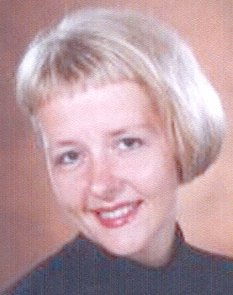Sent, E.M.

Esther-Mirjam Sent, born in Doesburg, the Netherlands, in 1967. Ph.D. from Stanford University. Associate Professor at the Department of Economics and Faculty Fellow at the Reilly Center for Science, Technology and Values, University of Notre Dame.
Fellow (1 September 2002 – 30 June 2003)
One objective of my research was to gain a deeper understanding of some developments in contemporary economics through an analysis that employs ideas developed by sociologists of scientific knowledge. A rather striking change has been the recent interest in bounded rationality approaches on the part of neoclassical economists. This inspired me to conduct a research project that contrasted Simon’s early bounded rationality programme with current appeals to bounded rationality in economics.
When contrasting Simon’s perspective with those of more recent bounded rationality researchers, I became aware of the lack of understanding in the literature concerning Simon’s own insights, especially when considering his entire career. In response, I carried out a project that sought to both gain and provide an insight into Herbert Simon’s science.
Overall, my research has been motivated by the argument that economic ‘knowledge’ is, like any other knowledge, socially constructed. Like the economics we are studying, histories of economics are constructed; they are not out there waiting to be found. It follows that the only coherent way to write history is to treat appraisal as a complex process. This has inspired my research project on pluralism in economics. If economic knowledge is a social construct and if economics is a social science, then one is naturally led to a discussion of the economics of economics in particular and to a consideration of the economics of science in general. Whereas some of my previous projects have focused on evaluating existing research in economics of science, my project at NIAS involved opening up an inquiry into the capacity of economic language and theories to elucidate the social structures of science and the ability of social studies of science to illuminate economic language and theories.
NIAS enabled me to be much more productive than I would have been if I had also had teaching and service commitments. Because of its location in the Netherlands, NIAS also allowed me to strengthen my ties with two major research groups in my area of interest – history and philosophy of economics – at the University of Amsterdam and at Erasmus University Rotterdam. Throughout my fellowship year, the support from the NIAS staff has been splendid.